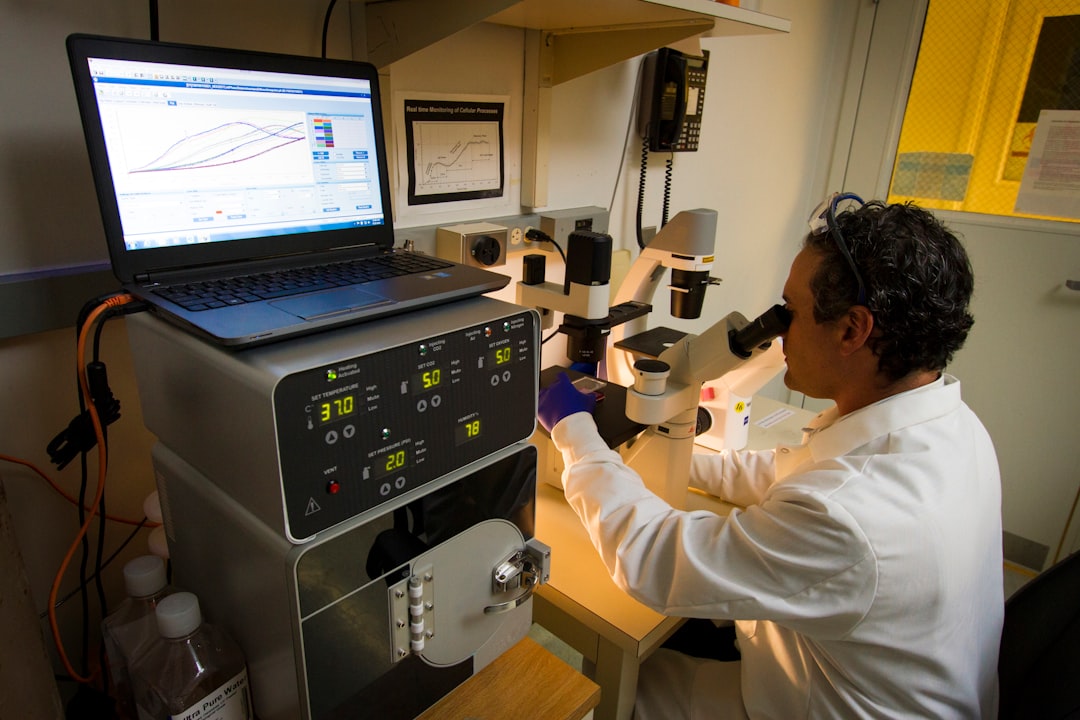What is it about?
This study investigated whether young children would be able to spontaneously invent tool-use behaviours which are shown by non-human great apes in the wild. The study identified a range of tool behaviours which young children can invent on their own, i.e. without social learning, suggesting that the physical cognition abilities underlying basic tool-use abilities in humans and non-human great apesare on a similar level.
Featured Image
Why is it important?
Identifying why and how human culture is unique in the animal kingdom is among the most pressing questions of our time. Researchers have emphasized the role of social learning for the creation of our tool cultures, but not much is known about human basic tool-use skills, which do not rely on social learning. This study investigates humans' spontaneous tool use which is the foundation onto which we have built our complex tool cultures.
Perspectives
This study does not undermine the role of social learning for human culture, but adds to this idea the notion of a phylogenetic and ontogenetic "baseline" of human tool-use skills.
Dr Eva Reindl
University of Birmingham
Read the Original
This page is a summary of: Young children spontaneously invent wild great apes’ tool-use behaviours, Proceedings of the Royal Society B Biological Sciences, February 2016, Royal Society Publishing,
DOI: 10.1098/rspb.2015.2402.
You can read the full text:
Resources
Contributors
The following have contributed to this page










